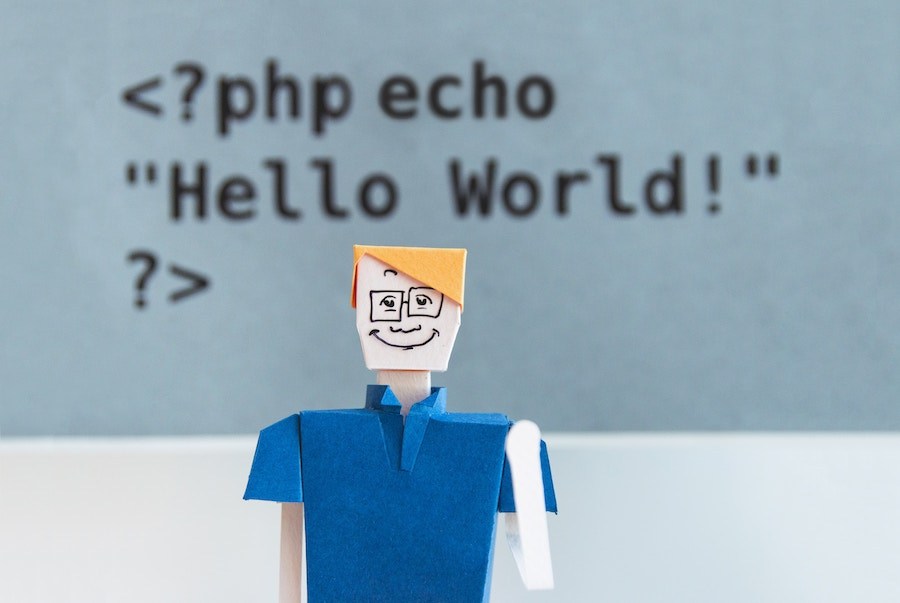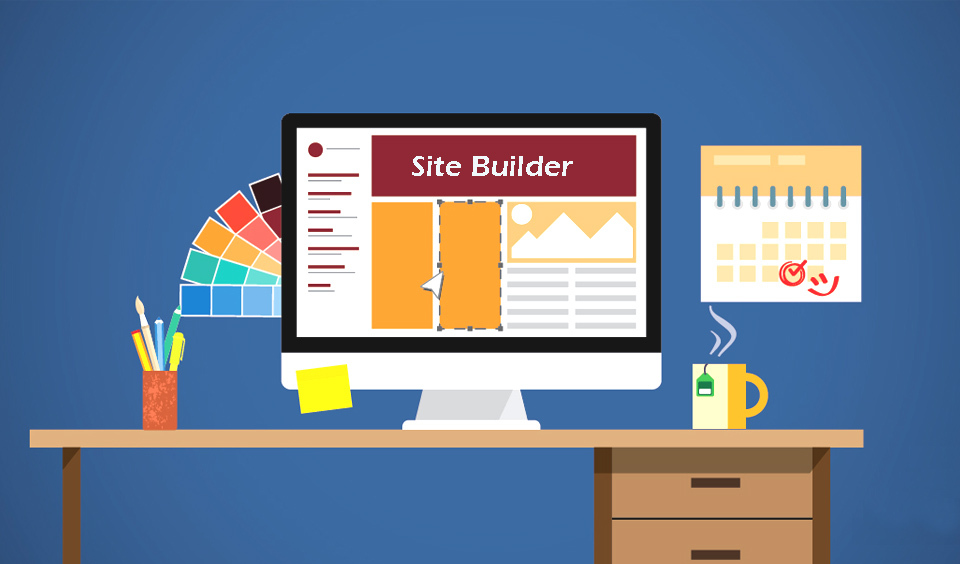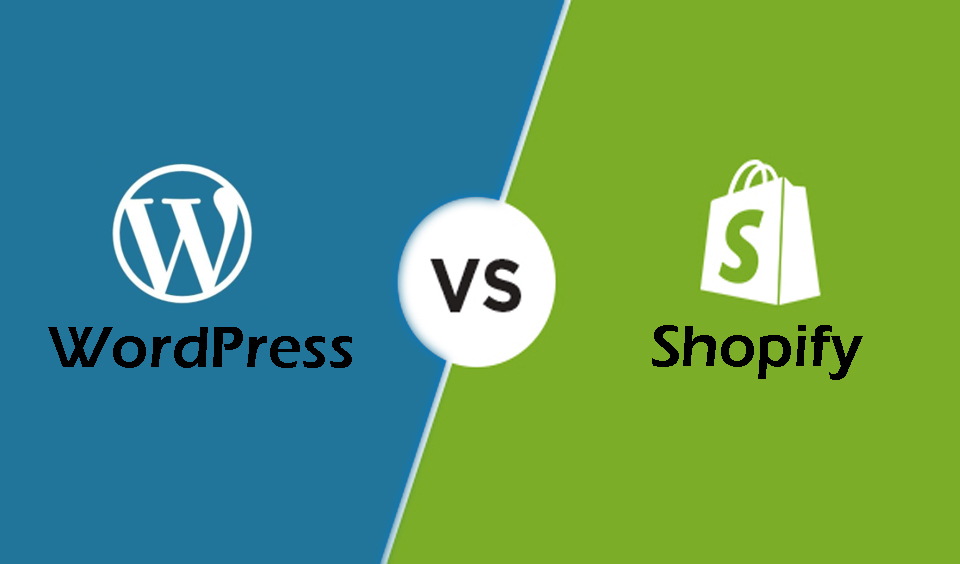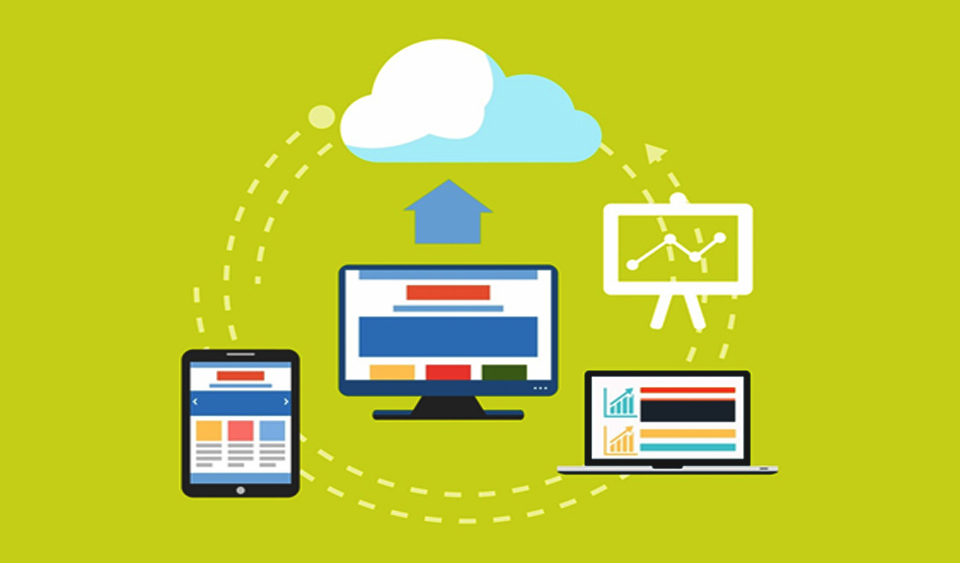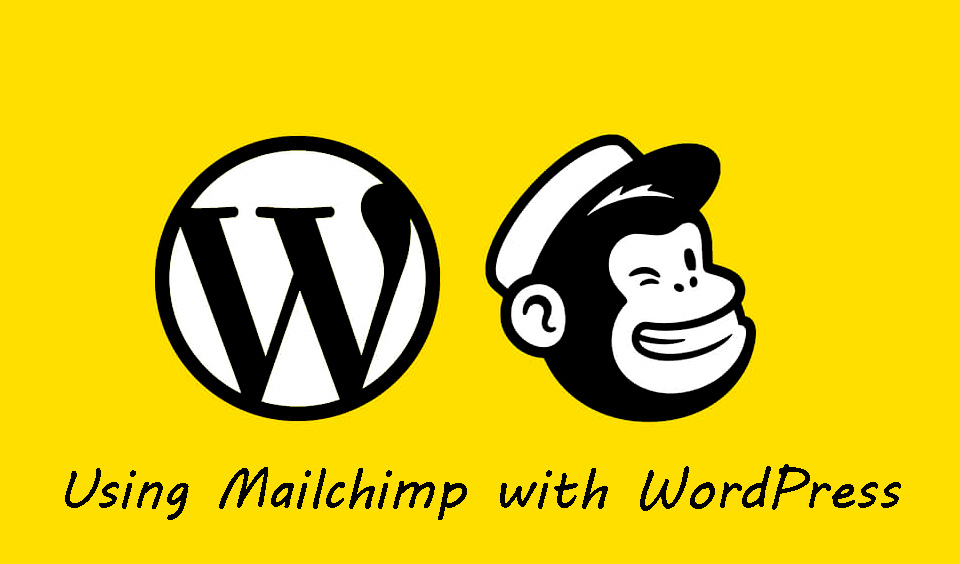PHP is the scripting language that runs much of the web - including software such as Wordpress and Joomla. PHP is constantly evolving and has versions which bring updates and changes to previous releases.
Software like Wordpress is usually designed for the latest version of PHP. Most of those features are then compatible with later PHP releases. However, sometimes the way PHP works can change so fundamentally that it might break any scripts which are designed to work with a previous release.
To allow for this, older versions of PHP are maintained even after they have been superseded. They are maintained for a few months or years, until they reach what we call end of life (EOL). After that, they will no longer be actively patched, vulnerabilities released or officially supported. It would be unwise to keep using PHP which has passed end of life.
By the beginning of 2019, both PHP 5.6 and PHP 7.0 are reaching their EOL.
These were significant upgrades. PHP 5.6 was released in 2014, and PHP 7.0 shortly after (which integrated PHP Next generation (PHPng), a development branch that aimed to significantly speed up performance (and did - it doubled it!).
End of Life was initially planned for 5.6 in January 2017 but is now set for 31 December 2018. PHP 7 will reach EOL in early 2019.
What does this mean?
PHP 5.* and PHP 7.0 will no longer be patched. That means that if there are security issues or holes, they will not be closed. Websites running vulnerable PHP could be at risk of a cyber attack; no matter whether the application software is Wordpress, Joomla, Magento, Drupal or anything else.
Therefore you should make sure your site runs on a later version of PHP. At the time of writing, 7.2 is the latest stable version, with 7.3 set to be imminently released.
Upgrading has other benefits too: PHP 7.3 is three times faster than PHP 5.6 (approximate results as per Phoronix’s benchmark).
How to upgrade?
Most decent web hosts give an option of which PHP version you would like to run. If it's not, ask your web host (or ask us at fixed.net).
How would this affect your site?
If your software supports PHP 7 you should not have any issues in upgrading to a newer PHP version (because nothing fundamental changes).
However if you are running PHP 5.6 or below, you could experience software failures, such as:
- site plugins not working
- themes showing errors in the front end
- software crashed with multiple errors and warnings
- white screens of death
There are tools that can help you determine if your software is ready to support PHP 7. Phan or php7mar can assist with this. These check through your code and work out if it contains anything which might be incompatible.
To test with php7mar you can run the following:
php mar.php -f="/path/to/software/" -r="/path/to/output/"
This, however, will not upgrade your software and make it work with PHP 7. For that, you will need to upgrade your software and plugins.
In conclusion
PHP versions would usually have support for three years: two with active support and some more for security fixes. PHP 5.6 was supported for four years.
By the end of 2018 support for PHP 5.6 will be completely stopped, with PHP 7.0 following shortly afterwards.
You should update your software and upgrade to the most recent PHP version available. This is 7.2 for now and 7.3 when it is released. This should be done as a matter of course in future also. This not only gives you the best website performance but protects you from major security vulnerabilities and malicious attacks that would most likely follow when they became known.
